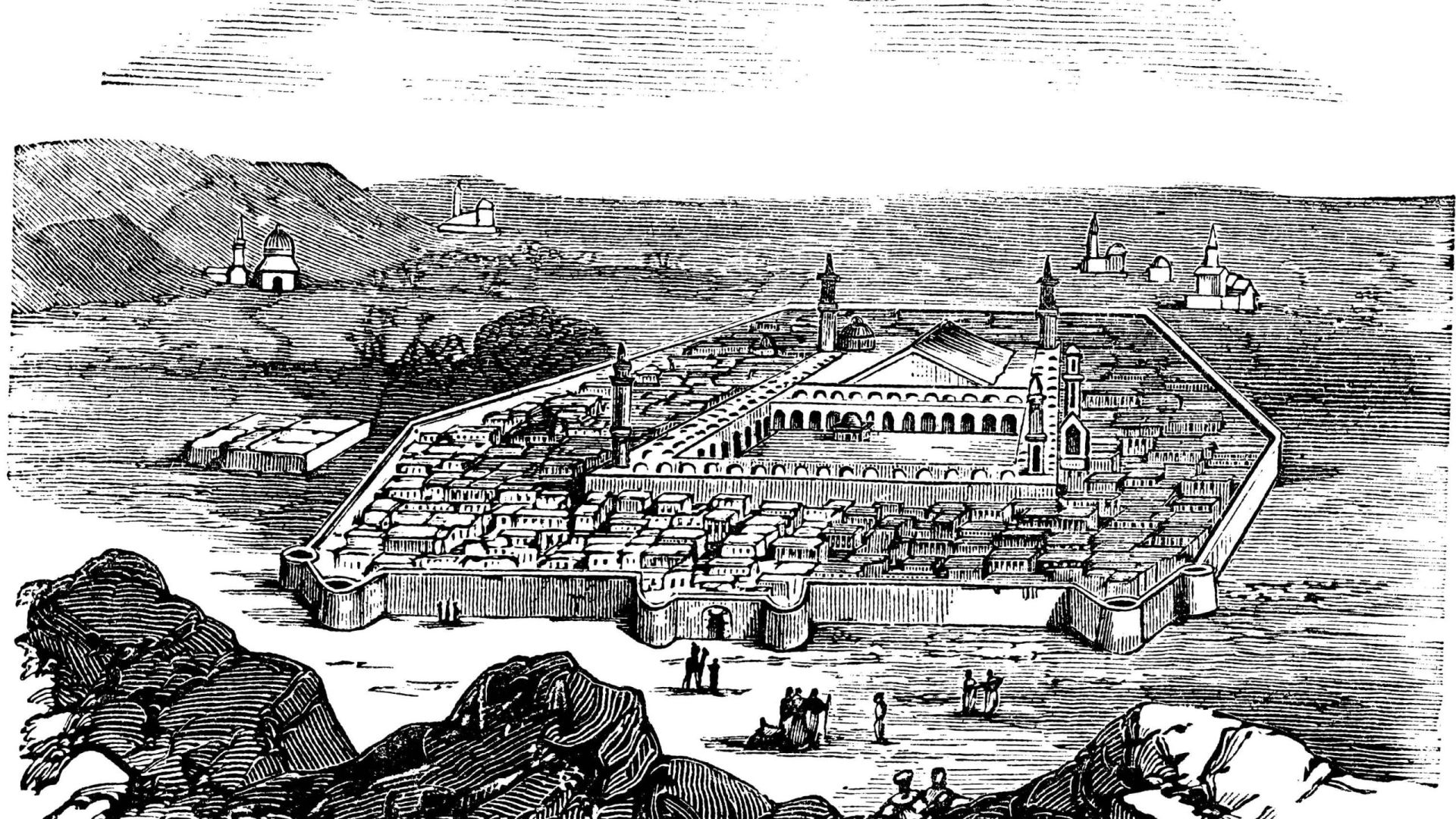Tag: The Companions
9 Tagged Items
- All
- Abū Khadījah
- Abū Wāʾil Musa Shaleem
- Abū Ḥakīm
- Affliction
- Articles
- Audios
- Biographies
- Cards
- Catastrophe
- Daʿwah
- Daʿwah to Non-Muslims
- Ibn Qudāmah al-Maqdisī
- Ibn al-Jawzī
- Ibn al-ʿAmmād al-Hanbalī
- Methodology
- Muḥammad al-Subayyal
- Patience
- Rashīd Barbee
- Righteous Predecessors
- Riyāḍ al-Kanadī
- Salaf al-Ṣaliḥ
- Shaykhs and Students of Knowledge
- The Companions
- The Muslim Woman
- The Saved Sect
- Women
- Ṣaḥābah
- Ṣaḥābiyat
The Illustrious Death of Saʿīd ibn Jubayr
Imām Ibn al-Jawzī, Ibn al-ʿAmmād al-Han…
The Virtues of Saʿd ibn Muʿadh
Dr. Abū Wāʾil Musa Shaleem
The Natural Obligation of Following the Salaf al-…
Imām Ibn Qudāmah al-Maqdisī
The Great Example of ʿAbdullāh ibn Ḥudhāfah in D…
Imām Ibn al-Jawzī
The Life of the Ṣaḥābiyāt
Shaykh Abū Khadījah
The Story of Umm Sulaym
Shaykh Rashīd Barbee
ʿĀʾishah: The ʿĀlimah, the Dāʿiyah
Shaykhj Abū Ḥakīm Bilāl Davis
The Excellence of Abū Bakr al-Ṣiddīq
Al-ʿAllāmah Muḥammad al-Subayyal








